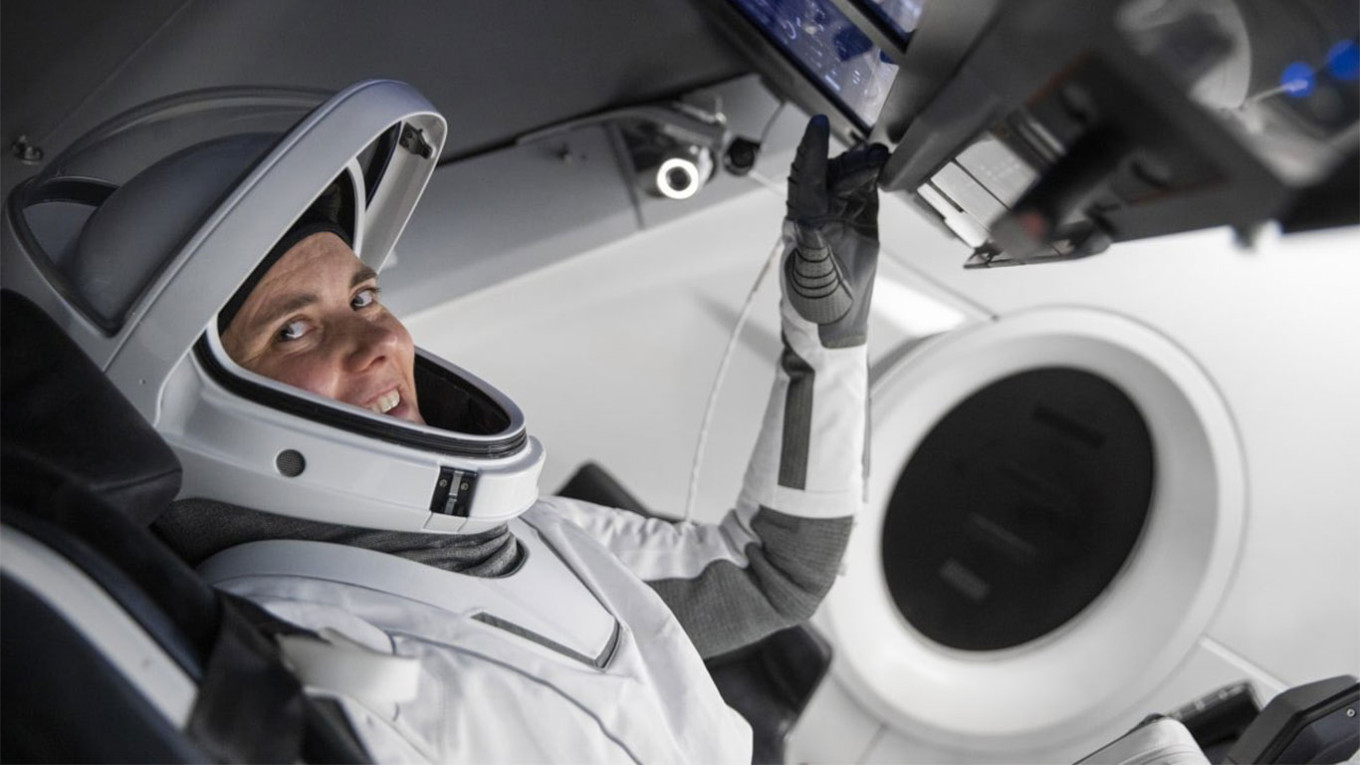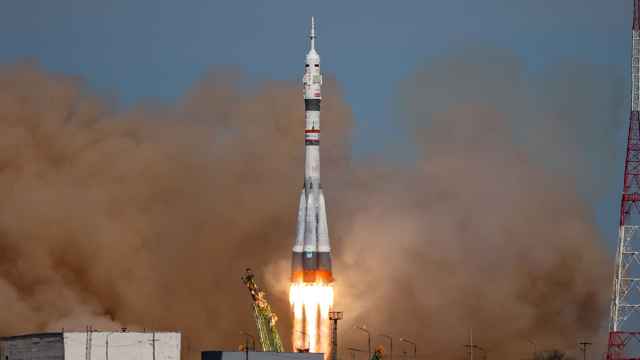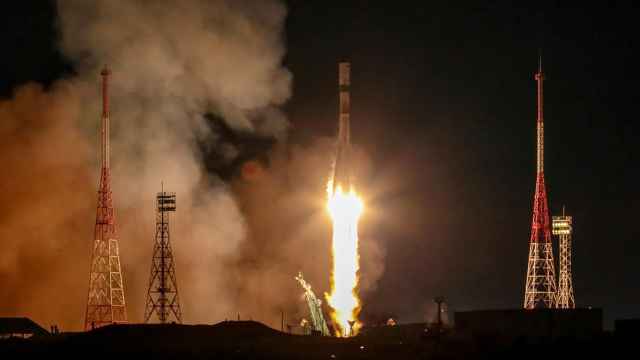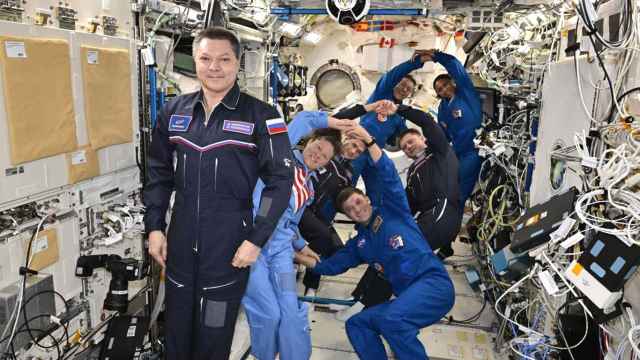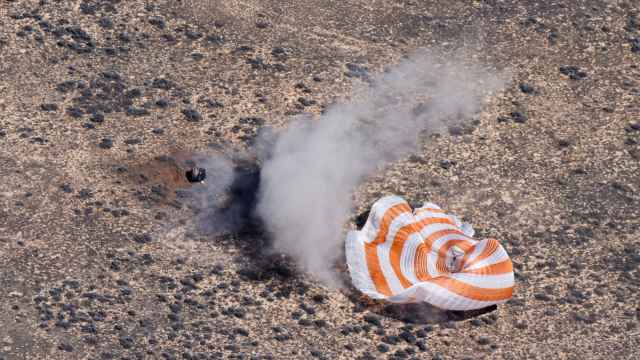A SpaceX rocket carrying a Russian crew member blasted off from Florida Wednesday on a voyage that carries significant symbolism as war rages in Ukraine.
Anna Kikina, the only female cosmonaut in service, is part of the Crew-5 mission, which also includes one Japanese and two American astronauts.
"Let's do this," said Nicole Mann, commander of the Crew Dragon capsule and the first Native American woman in space, shortly before lift-off from the Kennedy Space Center in Florida at noon.
Docking is scheduled for Thursday at 4:57 p.m. Eastern Time.
Two weeks ago, an American astronaut took off on a Russian Soyuz rocket for the orbital platform.
The long-planned astronaut exchange program has been maintained despite soaring tensions between the United States and Russia since Moscow's invasion of Ukraine in February.
Ensuring the operation of the ISS has become one of the few remaining areas of cooperation between the United States and Russia.
In a post-launch briefing, Sergei Krikalev, head of the human space program at Roscosmos, hailed the occasion as the start of a "new phase of our cooperation," evoking the historic Apollo-Soyuz mission of 1975, a symbol of detente at the height of the Cold War.
Krikalev, a former cosmonaut respected by his American colleagues, has been on something of a charm offensive after the last head of Roscosmos, Dmitry Rogozin, earlier this year threatened to withdraw cooperation and let the ISS crash over US or European territory.
Tensions between Moscow and Washington have increased considerably in the space field after the announcement of American sanctions against the Russian aerospace industry, in response to the invasion of Ukraine.
Russia announced this summer that it wanted to leave the ISS "after 2024" in favor of creating its own station, albeit without setting a precise date.
Krikalev declared Monday he hoped to extend that date.
On Wednesday he went further still, telling reporters: "We are thinking about building [a] new space station. We start preliminary design of it.
"And there is no final decision yet but we are going to keep flying International Space Station as long as our new infrastructure will build."
The United States, for its part, wants to continue operating until at least 2030, then transition to commercially run stations.
As things stand, the ISS cannot function without joint cooperation, as the U.S. side is responsible for power and life support and the Russian side for propulsion and maintaining orbit.
A Message from The Moscow Times:
Dear readers,
We are facing unprecedented challenges. Russia's Prosecutor General's Office has designated The Moscow Times as an "undesirable" organization, criminalizing our work and putting our staff at risk of prosecution. This follows our earlier unjust labeling as a "foreign agent."
These actions are direct attempts to silence independent journalism in Russia. The authorities claim our work "discredits the decisions of the Russian leadership." We see things differently: we strive to provide accurate, unbiased reporting on Russia.
We, the journalists of The Moscow Times, refuse to be silenced. But to continue our work, we need your help.
Your support, no matter how small, makes a world of difference. If you can, please support us monthly starting from just $2. It's quick to set up, and every contribution makes a significant impact.
By supporting The Moscow Times, you're defending open, independent journalism in the face of repression. Thank you for standing with us.
Remind me later.


